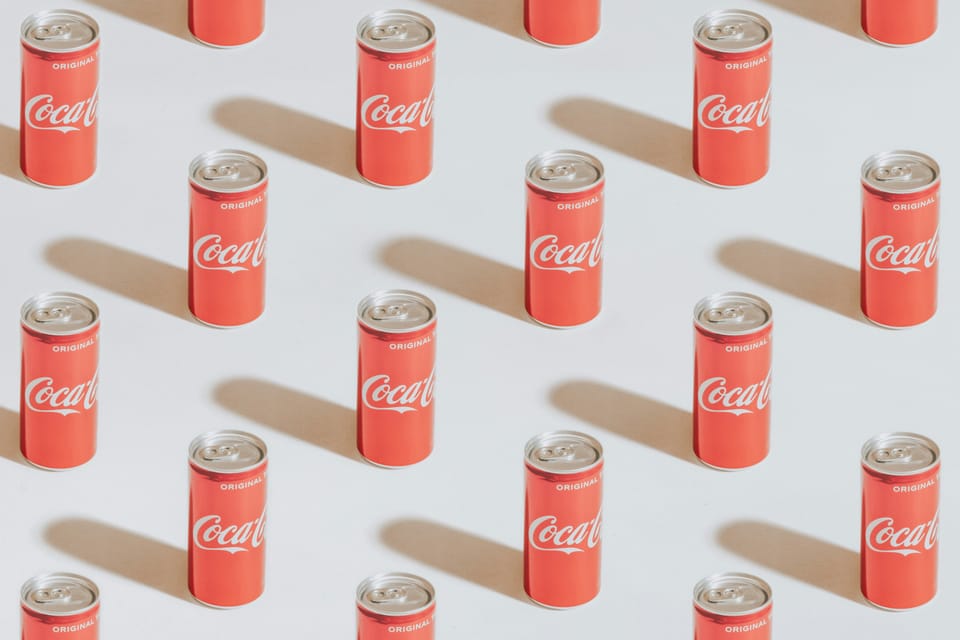Trump’s tariffs may hinder Coca-Cola’s sustainable packaging goals

Trump’s 25% tariff on steel and aluminium could lead Coca-Cola to revert to more plastic packaging, CEO James Quincey has told investors.
Speaking in an earnings call last week, on the same day the Trump administration announced a 25% tariff on all aluminium and steel goods entering the US, Quincey said “if aluminium cans become more expensive, we can put more emphasis on PET bottles”.
Later asked about the cost impact of the shift, he said it was “not insignificant” but also “manageable”, given that this would only affect Coca-Cola’s US business.
“We will adapt the packaging strategy in function of change in the relative input costs of what goes into that (...) Between mitigation of supply chain, sourcing, weights of the cans, price increase of the cans at some level potentially switch to the PET. It's a manageable problem in the context of the total US business,” he explained.
Coca-Cola’s plastic recycling woes
In 2023, 47.7% of Coca-Cola’s packaging mix was plastic, led by PET bottles, while 26% was aluminium and steel.
That year, only 17% of the polyethylene terephthalate (PET) used in Coca-Cola bottles was recycled PET – much lower than the average recycled material (27%) in the company’s other packaging products.
Initially working towards a goal of using at least 50% recycled content in all its packaging by 2030, Coca-Cola sparked criticism at the end of 2024 when it lowered its ambition to 35-40% for its 2035 target.
The company is one of the members of WWF’s ReSource: Plastic initiative, which connects corporates, governments and other stakeholders to increase investment and transparency to “solve the plastic pollution crisis”.
But data released by the initiative in 2023 showed that the amount of plastic sold or discarded by the initiative’s nine members had actually increased – with Coca-Cola leading the growth. The beverage giant alone used 250,000 tonnes more plastic in 2022 than the previous year.
Plastic pollution problem
Coca-Cola’s lack of progress is far from unique: a 2024 analysis of 225 large companies found that while most have plastic reduction or recycling goals, plastic use is still increasing in line with business growth.
The report, published by non-profit As You Sow, showed that most firms have goals around recyclability, plastic reduction, and recycled content, but only Extended Producer Responsibility (EPR) policies – makes producers responsible for the end-of-life of their products – were found to be an indicator of improved overall plastic performance.







Member discussion